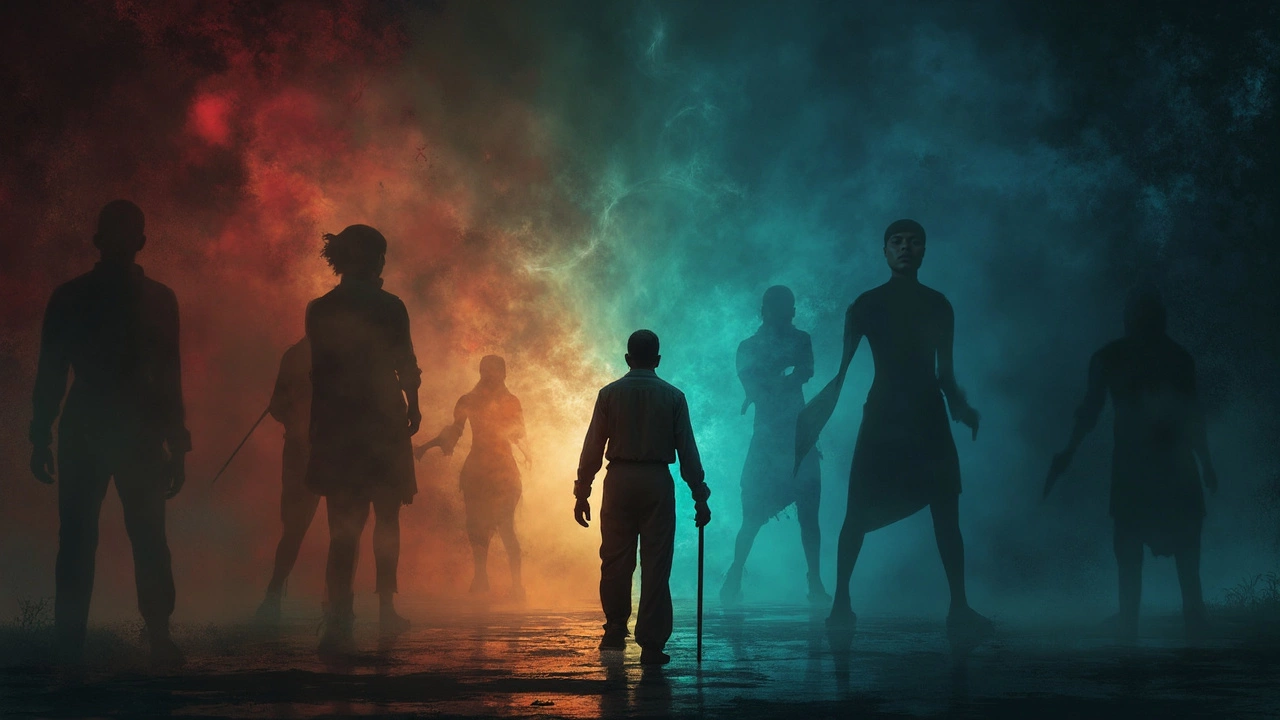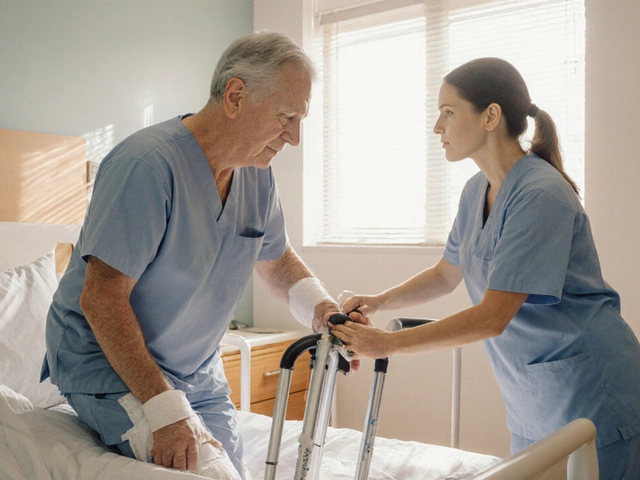Cancer Awareness: What You Need to Know Right Now
Cancer pops up in the news a lot, but most people don’t know the basics that can keep them safe. This page pulls together the most useful facts about cancer signs, why some cancers are deadlier, and what everyday habits can lower your risk. No jargon, just straight‑forward advice you can start using today.
Common Signs to Watch For
Spotting cancer early makes treatment easier. Look for any new lump, persistent pain, or a change that doesn’t go away after a few weeks. Unexplained weight loss, constant fatigue, or blood in stool or urine are also red flags. If a skin spot changes color, size, or shape, get it checked right away. Most of these signs appear in the later stages of the deadliest cancers, but catching them early can save lives.
It’s easy to dismiss a cough or a sore throat, but a cough that lasts more than eight weeks could be lung cancer. Same with a sore that doesn’t heal – it might be skin cancer. When you notice any of these symptoms, schedule a doctor visit promptly. Quick action gives doctors a better chance to find the problem when it’s most treatable.
How to Reduce Your Risk
Most cancers are linked to lifestyle choices you can control. Quit smoking – tobacco is the #1 cause of preventable cancers. Cut down on processed meat and sugary drinks; they add extra risk for stomach and pancreatic cancers. Eating a diet rich in fruits, vegetables, and whole grains provides antioxidants that help protect cells.
Regular exercise matters too. Even a brisk walk for 30 minutes most days lowers the chance of colon, breast, and end‑stage cancers. Keep your weight in a healthy range; obesity fuels inflammation that can trigger cancer growth. And don’t skip routine screenings – mammograms, colonoscopies, and Pap smears catch problems before they spread.
Vaccines are another simple tool. The HPV vaccine prevents cervical and several throat cancers, while the hepatitis B vaccine reduces liver cancer risk. Talk to your doctor about getting them if you haven’t already.
Stress isn’t a direct cause, but chronic stress can weaken the immune system. Find activities you enjoy – yoga, reading, or chatting with friends – to keep stress levels low. A relaxed mind supports a healthier body.
Finally, stay informed. New research keeps emerging about which treatments cause the most pain and which cancers are hardest to beat. Knowing that, for example, bone‑marrow transplants can be extremely painful, helps you prepare for the journey if you ever need treatment.
Keeping an eye on your health, making smart lifestyle choices, and getting screened regularly are the three pillars of solid cancer awareness. You don’t need to be an expert; just stay curious, ask questions, and act on any warning signs promptly.
Remember, early detection and prevention are within your control. Use these tips, share them with friends, and make cancer awareness a part of everyday conversation.

Top 3 Deadliest Cancers: What You Need to Know
Cancer remains a leading cause of death worldwide, but some cancers are particularly dangerous. Understanding the top three deadliest cancers can help us recognize symptoms earlier and explore potential treatment options. Learn about the challenges in treating these cancers and some ongoing research that offers hope. Armed with knowledge, we can better navigate the complexities of cancer diagnosis and care.

Heart Surgery Duration: What to Expect
Jan, 7 2025



